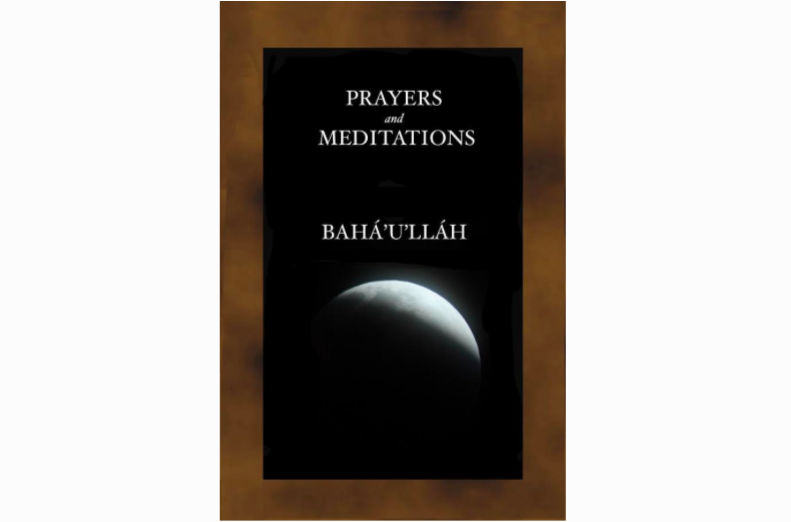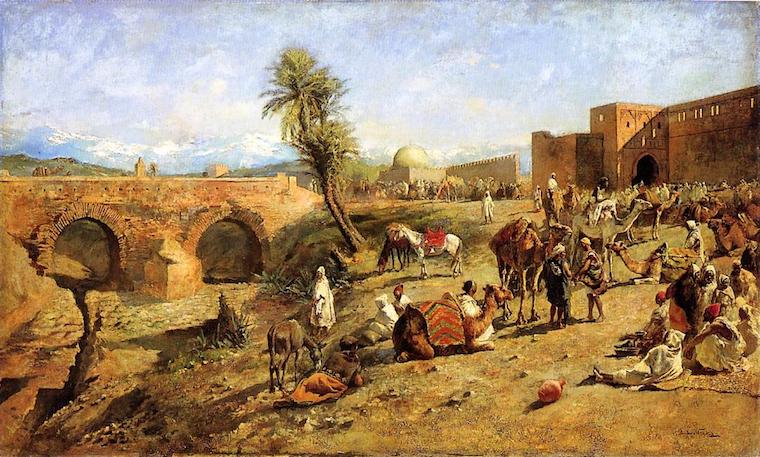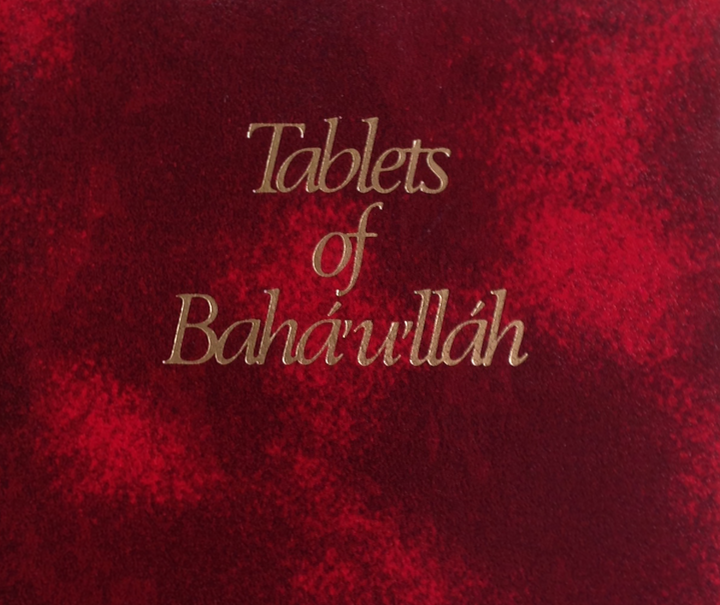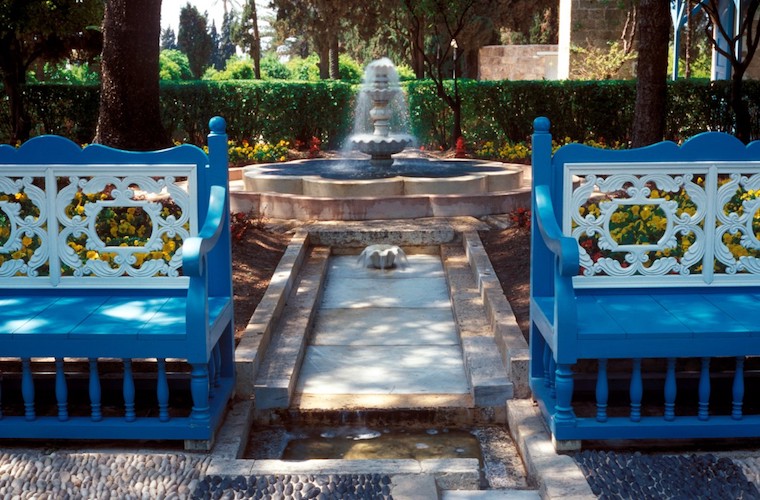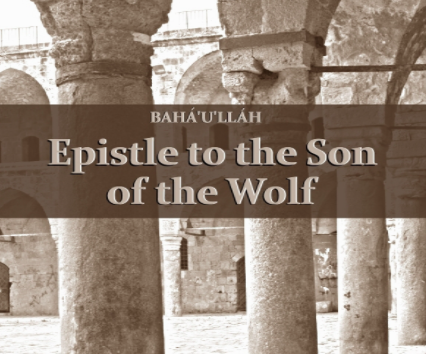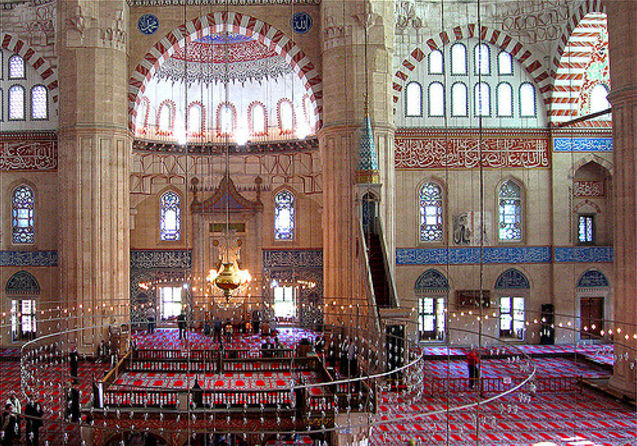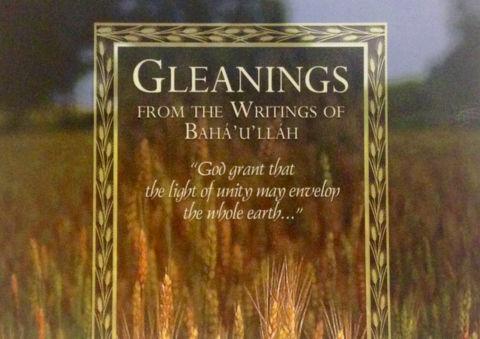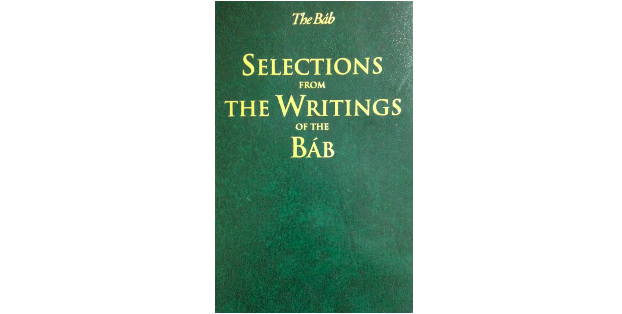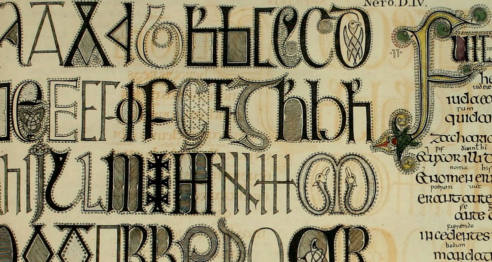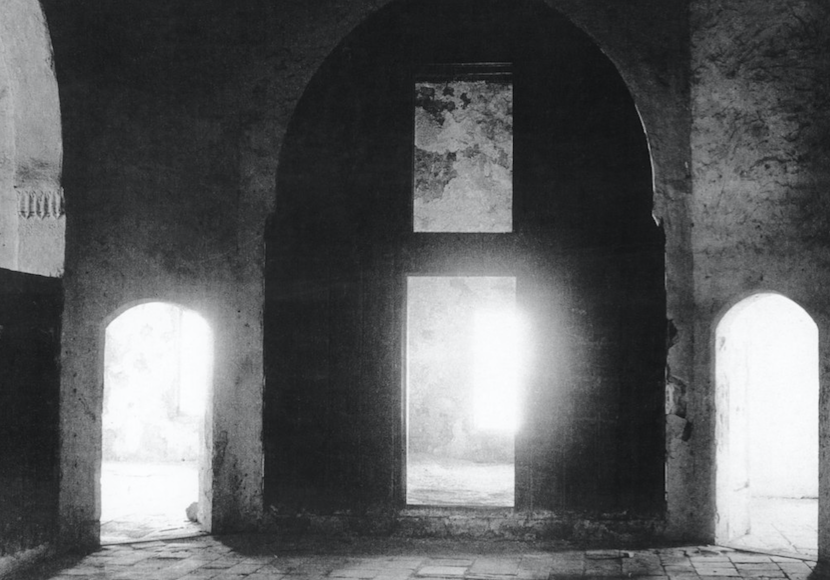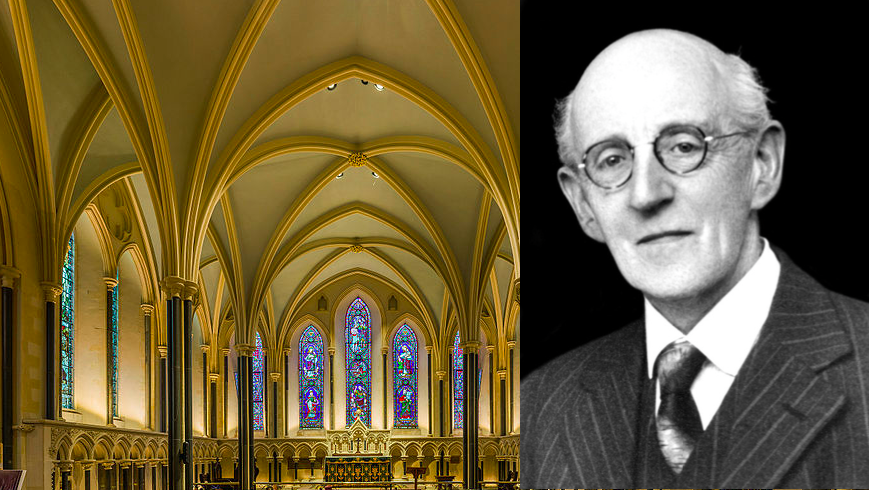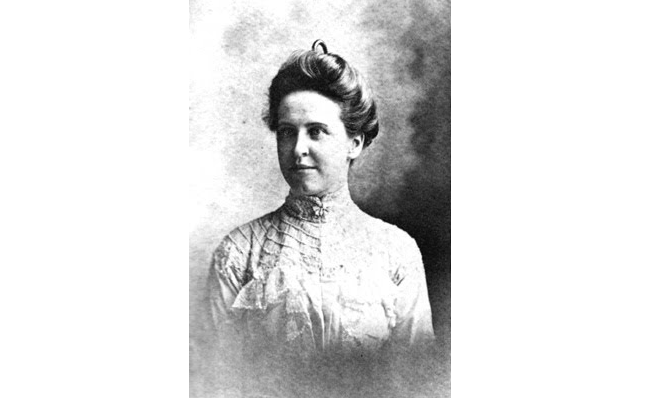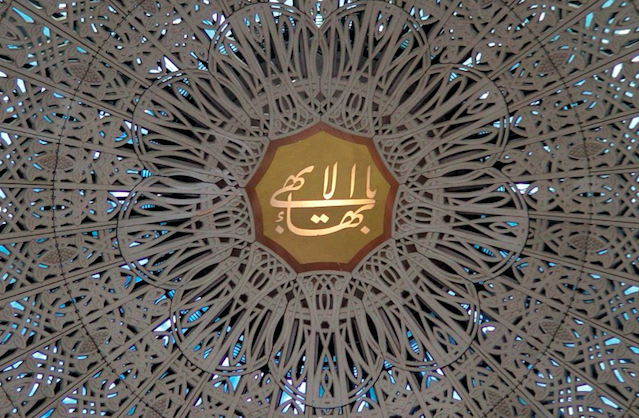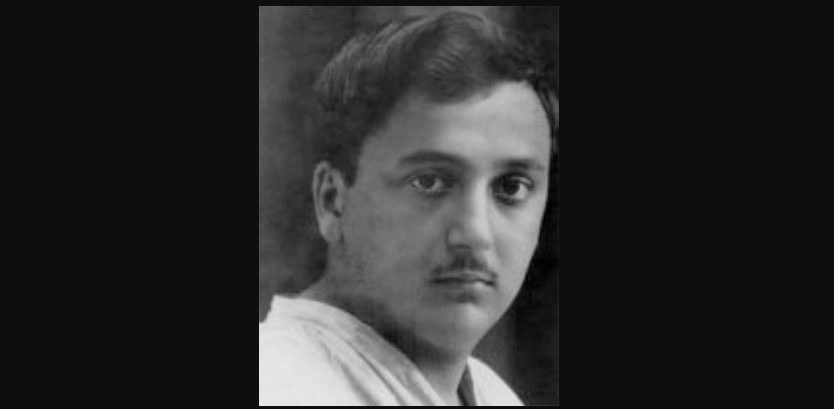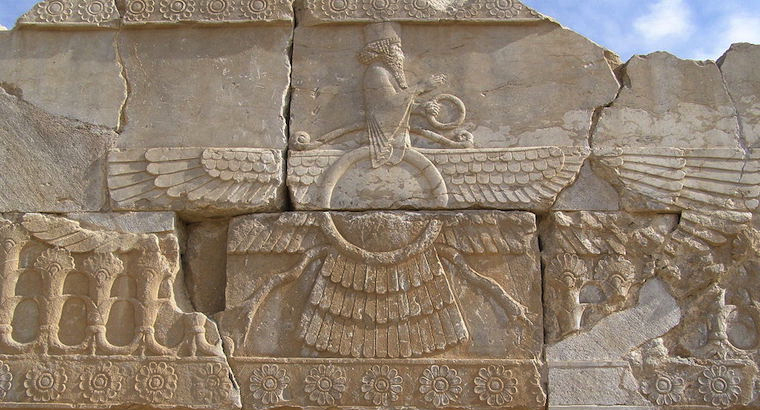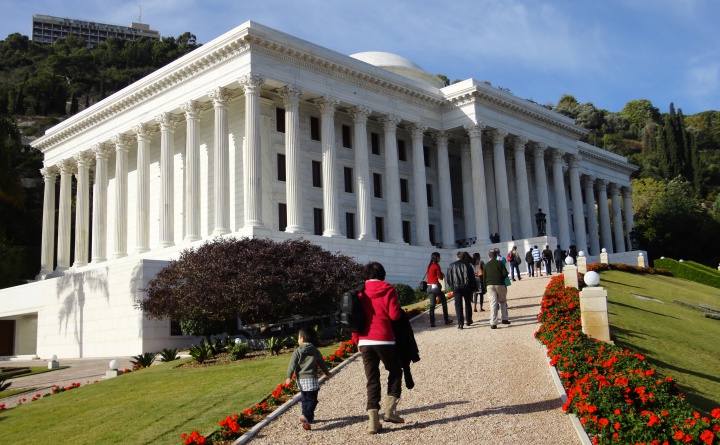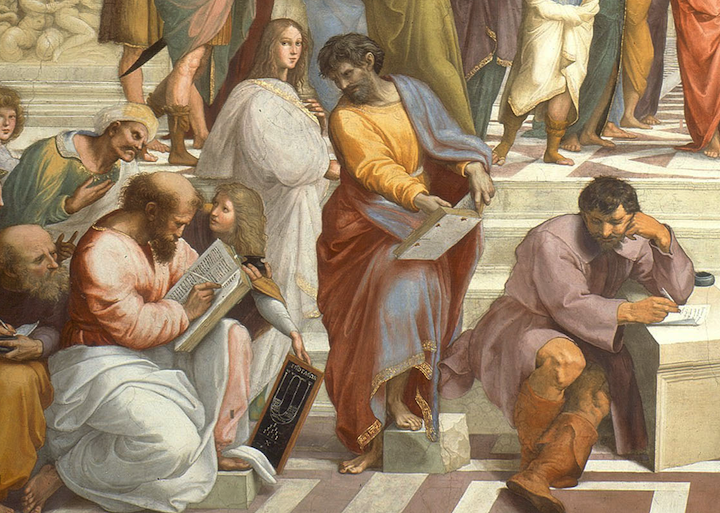Bahaullah's Writings
-
Prayers and Meditations of Bahá’u’lláh
Prayers and Meditations of Bahá’u’lláh is a collection, in English, of Bahá’u’lláh’s devotional writings. It is one of Shoghi Effendi’s translations: a work he undertook in 1936-37, shortly after he completed the translation of Gleanings of Bahá’u’lláh. In Prayers and Meditations we find Shoghi Effendi’s translations of the Baha’i obligatory prayers – which Baha’is recite every day – noting that Shoghi Effendi’s English translations became the model for translation into many other languages. Beautiful flowing language such as the following: … make of my prayer a fire that will burn away the veils which have shut me out from Thy beauty, and a light that will lead me unto the ocean of Thy Presence…
-
Tablets of Bahá’u’lláh
Tablets of Bahá’u’lláh, like Gleanings from the Writings of Baha’u’llah, is collection of the writings of Baha’u’llah translated into English in 1978. It improved the translation of some writings that had been originally translated early in the twentieth century, and made available others for the first time in English. The Tablets of Baha’u’llah come from the later part of Bahá’u’lláh’s life. Shoghi Effendi described the writings of this period as characterized by: … the enunciation of certain precepts and principles which lie at the very core of [Baha’u’llah’s] Faith, by the reaffirmation of truths He had previously proclaimed, by the elaboration and elucidation of some of the laws He had…
-
A Mystic Journey – The Seven Valleys
Written for a judge and Sufi Shaykh, the Seven Valleys is described by Shoghi Effendi as Bahá’u’lláh’s greatest mystical work. The Seven Valleys is not easy to write about and defies superficial description. Only in travelling the journey can its meaning unfold. As Bahá’u’lláh writes in another of his mystical works, the Four Valleys: The story is told of a mystic knower, who went on a journey with a learned grammarian as his companion. They came to the shore of the Sea of Grandeur. The knower straightway flung himself into the waves, but the grammarian stood lost in his reasonings, which were as words that are written on water. The…
-
Gleanings from the Writings of Bahá’u’lláh
When Shoghi Effendi was a young man at Oxford University, he didn’t imagine that he would become the leader of the faith which his great grandfather – Bahá’u’lláh – had founded. What Shoghi Effendi wanted to do was translate the Baha’i writings into English. Accordingly, he was focussed on acquiring a mastery of English sufficient to adequately translate Bahá’u’lláh’s writings. Despite the many duties of his office as Guardian of the Baha’i Faith, an office he held from 1921 until his passing in 1957, Shoghi Effendi found time to realise the dream of his youth. One of his gifts to the Baha’i community, was an anthology of selections from Bahá’u’lláh’s writings known as Gleanings from the…
-
Taking Things Too Literally vs. Interpreting Texts for the Oneness of Humanity
Taking things too literally – particularly religious texts – can be a problem – as we tragically see in our world. In some cases it contributes to murderous results. In other cases it creates irresolvable conflicts between communities and points of view. This article discusses how Bahá’u’lláh interprets religious texts to lay the foundations of unity. As noted in previous articles, the overriding purpose of Bahá’u’lláh’s life’s work is the fostering of unity and friendship among human beings. How we understand and interpret religious texts affects our ability to build unified harmonious communities. To take one dimension, overly literal readings of religious texts is one factor which holds back a coherence between scientific and…
-
George Townshend – from Cathedral to Coherence
This article needs to begin with some of George Townshend’s words – as he was above all a writer. The “Hidden Words” is a love-song. It has for its background the romance of all the ages—the Love of God and Man, of the Creator and His creature. … Strange, … that this devotional volume, so beautiful in its thought and also (it is said) in the classic purity of its style, should never have drawn to itself the attention of an English scholar and should remain after seventy years unknown to the religion and the culture of the West.[1] George Townsend wrote this in 1930, almost 90 years ago. The strangeness still persists.…
-
Baha’u’llah’s Will and Testament – the Kitab-i-Ahd
Bahá’u’lláh did something unique in the recorded history of the founders of world religions. He left a will and testament. His will and testament is from any viewpoint, a most remarkable document. It is a central constitutional document of the Baha’i Faith – yet at the same time it is a meditation on the human condition. Bahá’u’lláh calls its recipients to consciousness of the limitless human potential to which human beings can rise. Yet the text also warns of the dangers of human folly and institutes mechanisms to protect against them. Known as the Book of the Covenant (Kitab-i-Ahd), the will and testament, written in Baha’u’llah’s own hand, was unsealed and read before nine witnesses nine days…
-
Good News — Bahá’u’lláh’s Glad Tidings
Good news — glad tidings or “gospel”, to use an old English word. In Arabic, “bisharat”. Bahá’u’lláh’s Glad Tidings are a short collection of teachings concerned with reform of the world. They are addressed to all human beings. Bahá’u’lláh notes the abolition of the following as key consequences of his Glad Tidings. The abolition of holy war, destruction of books, the ban on association and companionship with other peoples and on reading certain books. There are 15 Glad Tidings. The following is a brief summary of some of them, sometimes accompanied by a personal reflection. Of course it is best to refer to the Glad Tidings themselves. The first glad tiding is the…
-
Human Nature: Hidden Gems and Tempered Steel
Bahá’u’lláh often calls us to rise to the positive potential we have within us. The words he uses evoke a rich imagery of human nature. Regard man as a mine rich in gems of inestimable value. Education can, alone, cause it to reveal its treasures, and enable mankind to benefit therefrom.[1] Or here: Thou art even as a finely tempered sword concealed in the darkness of its sheath and its value hidden from the artificer’s knowledge. Wherefore come forth from the sheath of self and desire that thy worth may be made resplendent and manifest unto all the world.[2] Or here: Out of the essence of knowledge I gave thee…
